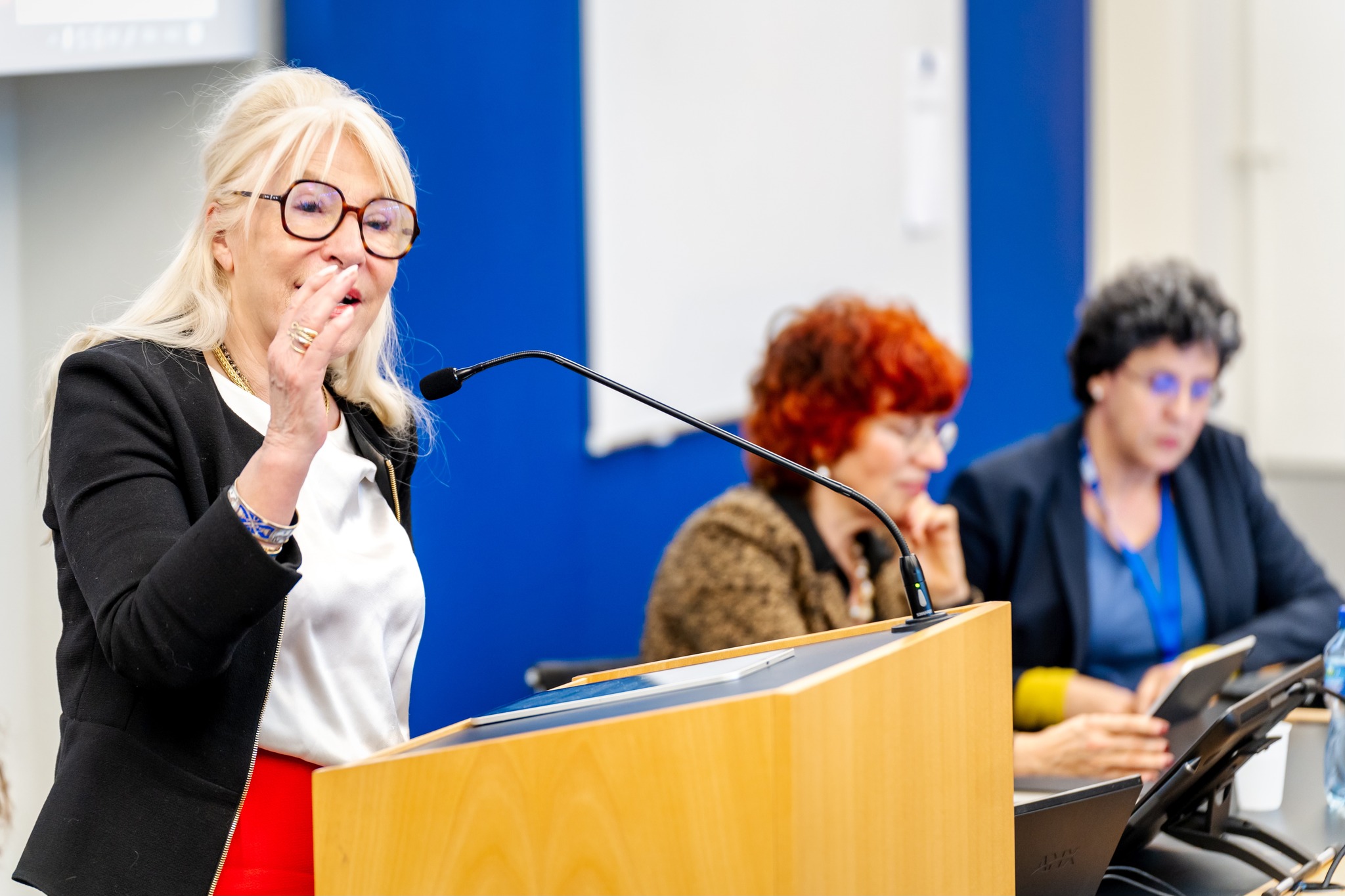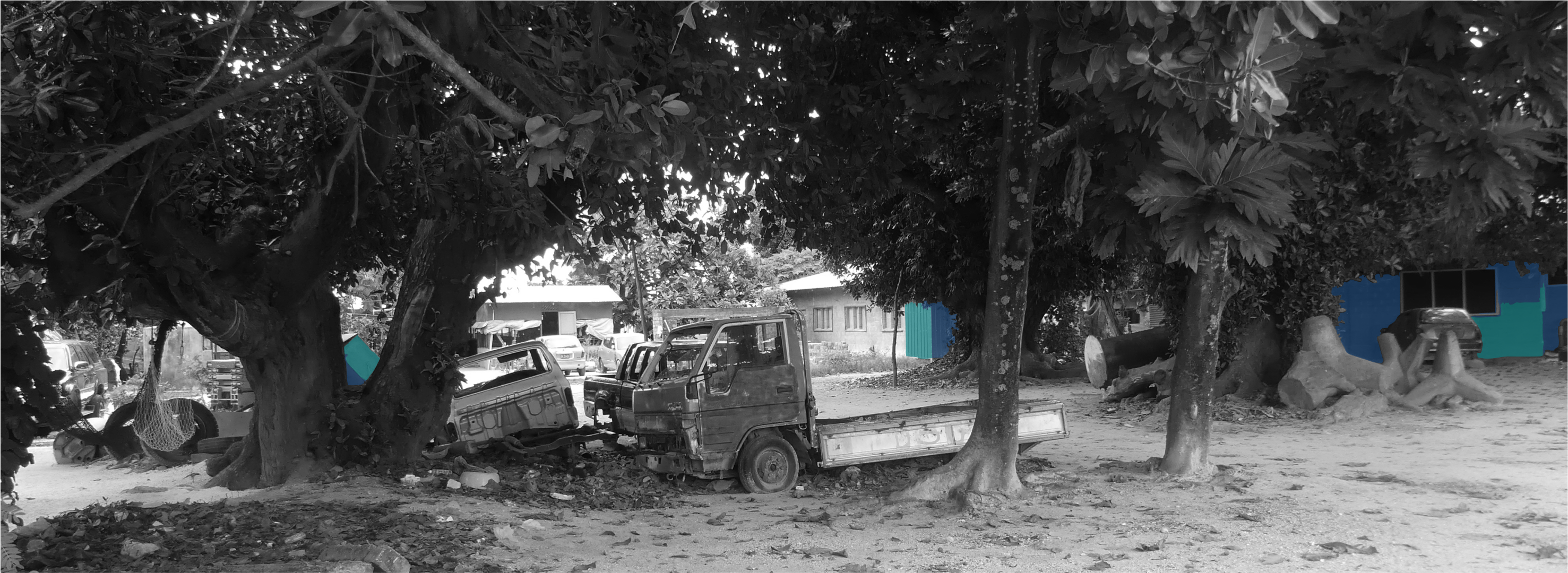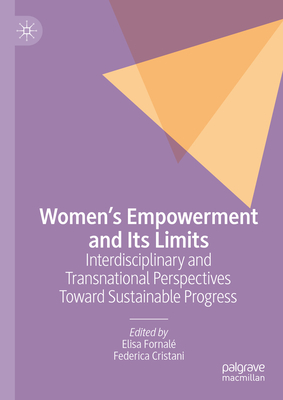Framing Environmental Degradation, Human Mobility and Human Development as a “Matter of Common Concern”
On average, 22.5 million people move each year within and across borders because of climate and weather-related disasters. Alongside those who move are those who stay behind or are trapped in severe conditions of vulnerability where habitation on land might no longer be possible. Furthermore, these impacts are not distributed equally; we know that those who have least contributed to anthropogenic climate change are affected the most. Without concerted action and a reconfiguration of State sovereignty and interests, this global problem cannot be effectively addressed.
Project ClimCo2 (Climate change, Migration and Common Concern) aims to frame environmental degradation, labour mobility and human development as a matter of common concern and to adopt a fresh approach to environmental migration governance. In order to explore and assess the legal implications of this theory in context, our project adopts a case study of the South Pacific region. You can find more information about our research areas, team, events and publications.
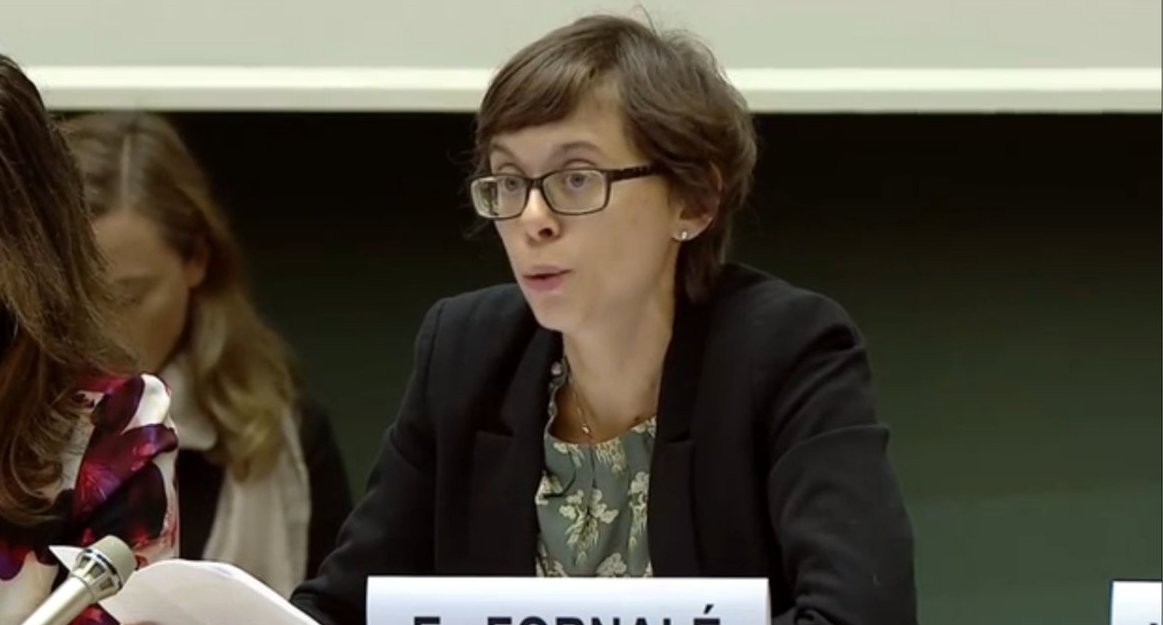
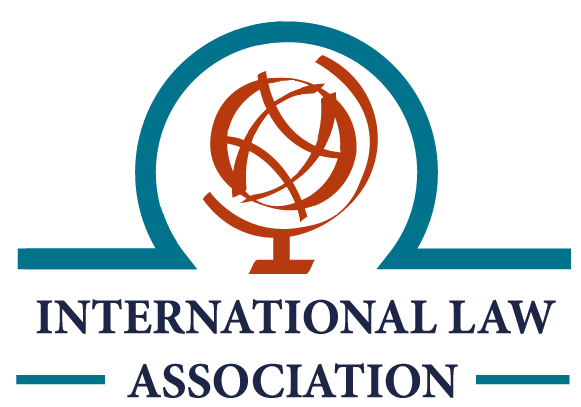
Prof. Elisa Fornalé appointed as Co-Rapporteur of the ILA Committee focusing on the Protection of Affected Persons in the Context of Sea Level Rise
Prof. Elisa Fornalé hosted the Virtual Meeting of the International Law Association (ILA) on 22 November 2021.
Prof. Fornalé as co-rapporteur of the ILA Committee together with Prof. Davor Vidas (chair) and Prof. David Freestone (co-rapporteur), introduced and discussed with members of the Committee the first draft Report that will be presented at the Lisbon ILA Conference in June 2022.
Two new members who joined the Committee were officially welcomed: Prof. Frida Armas-Pfirter (of the Argentine ILA branch) and Prof. Giuseppe Nesi (of the Italian ILA branch). Prof. Nesi has recently also been appointed as new member of the International Law Commission
Read More
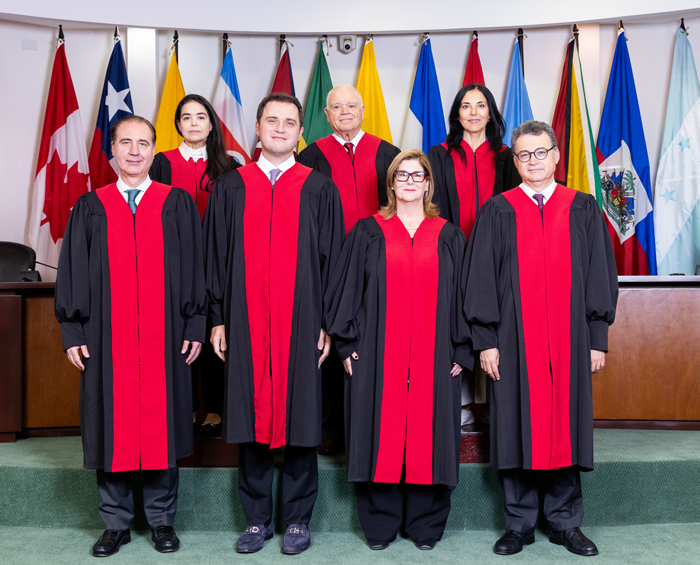
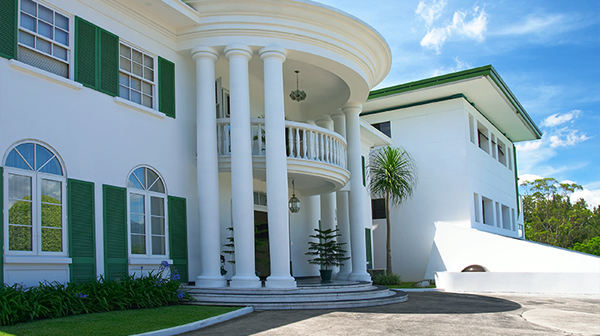

Advisory opinion on the scope of the state obligations for responding to the climate emergency
23 - 25 April 2024
On January 9, 2023, Chile and Colombia submitted a joint advisory opinion request before the Inter-American Court of Human Rights (IACtHR) with the aim to clarify the scope of the state obligations for responding to the climate emergency under the frame of international human rights law. Prof. Fornalé together with a group of leading scholars (Prof. Bilkova V., Prof. Burgorgue-Larsen L., Dr. Cristani F., Prof. De Vido S., Prof. Doebbler C., and Dr. Hertogen A.) submitted an Amicus Curiae.
Our Amicus focus on the Human Rights-Climate Change Nexus to address the exposure of climate migrants to human rights violations. Then, the analysis includes a focus on general principles of international: Humanity; International Cooperation and Common Concern/Community Interests; Good Neighbourliness; In dubio pro natura; and In dubio pro futuribus generationibus.
The text is available here
On 23-25 April, she attended the IACHR public hearings held in Barbados. The hearings were a historic opportunity for the Court and the world to hear directly from NGOs, international organisations and civil society on the impacts and risks posed by climate change.
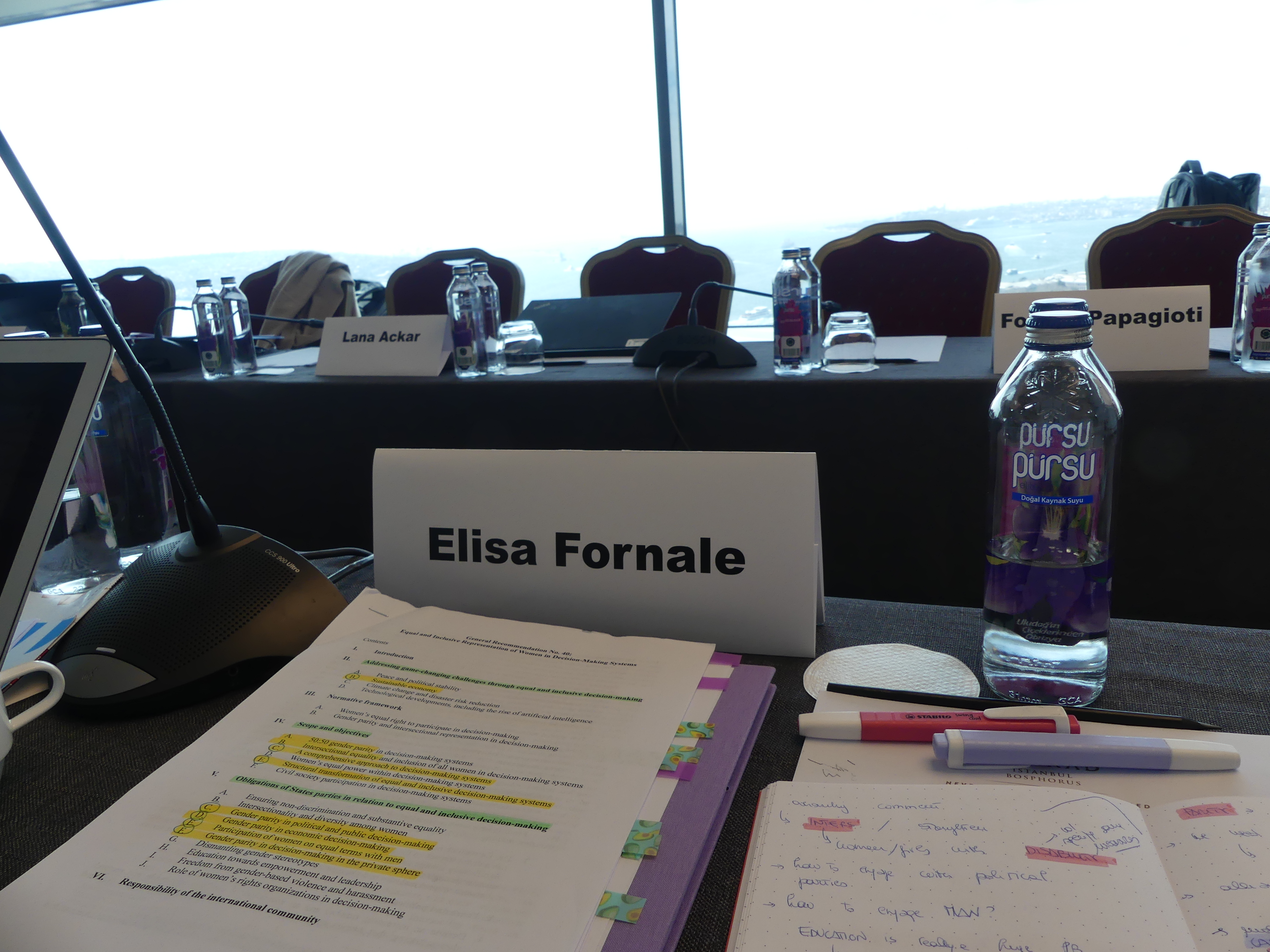

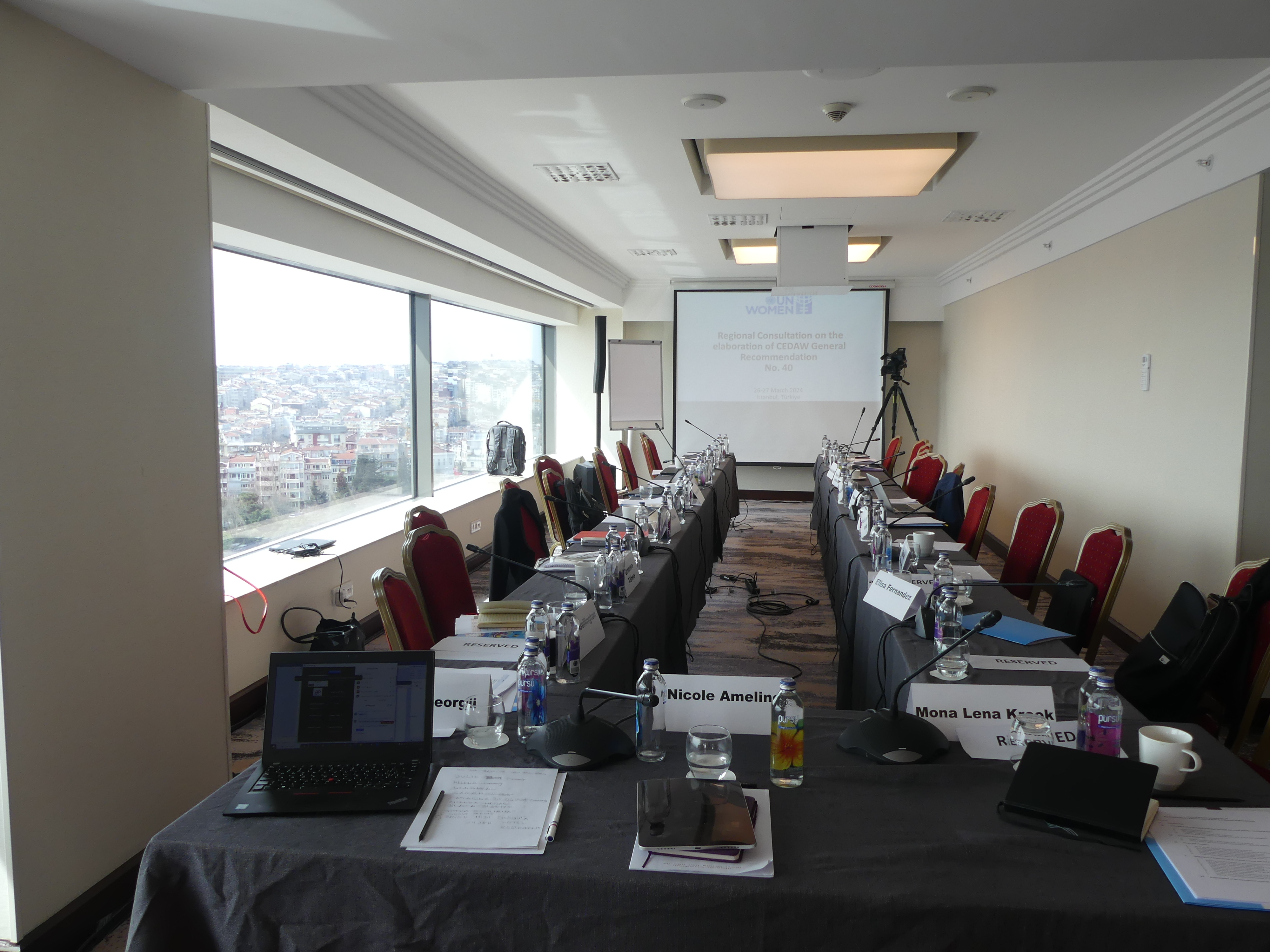

Regional Consultation on the elaboration of CEDAW General Recommendation No. 40 on the equal and inclusive representation of women in decision-making systems for Eastern European States and Western European and other States.
25 - 26 March 2024
Prof. Fornalé has been invited to take part to the Regional Consultation on the elaboration of CEDAW General Recommendation No. 40 on the equal and inclusive representation of women in decision-making systems for Eastern European States and Western European and other States. Prof. Fornalé gave a presentation on ‘Unlocking the Transformative Potential of the Gender-Economics Nexus to Enhance Women’s Participation’. The meeting took place in Istanbul, Turkey (25-26 March). The meeting has been organized with the support of the Office of UN High Commissioner for Human Rights (OHCHR), UN Women, and the CEDAW Committee to provide an interactive forum for Civil Society Organizations, UN agencies and other experts to inform the draft text of GR 40 and ensure it is responsive to the priorities and needs of different regions in relation to overcoming challenges and paving the way for and sustaining women’s equal and inclusive representation in decision-making systems.

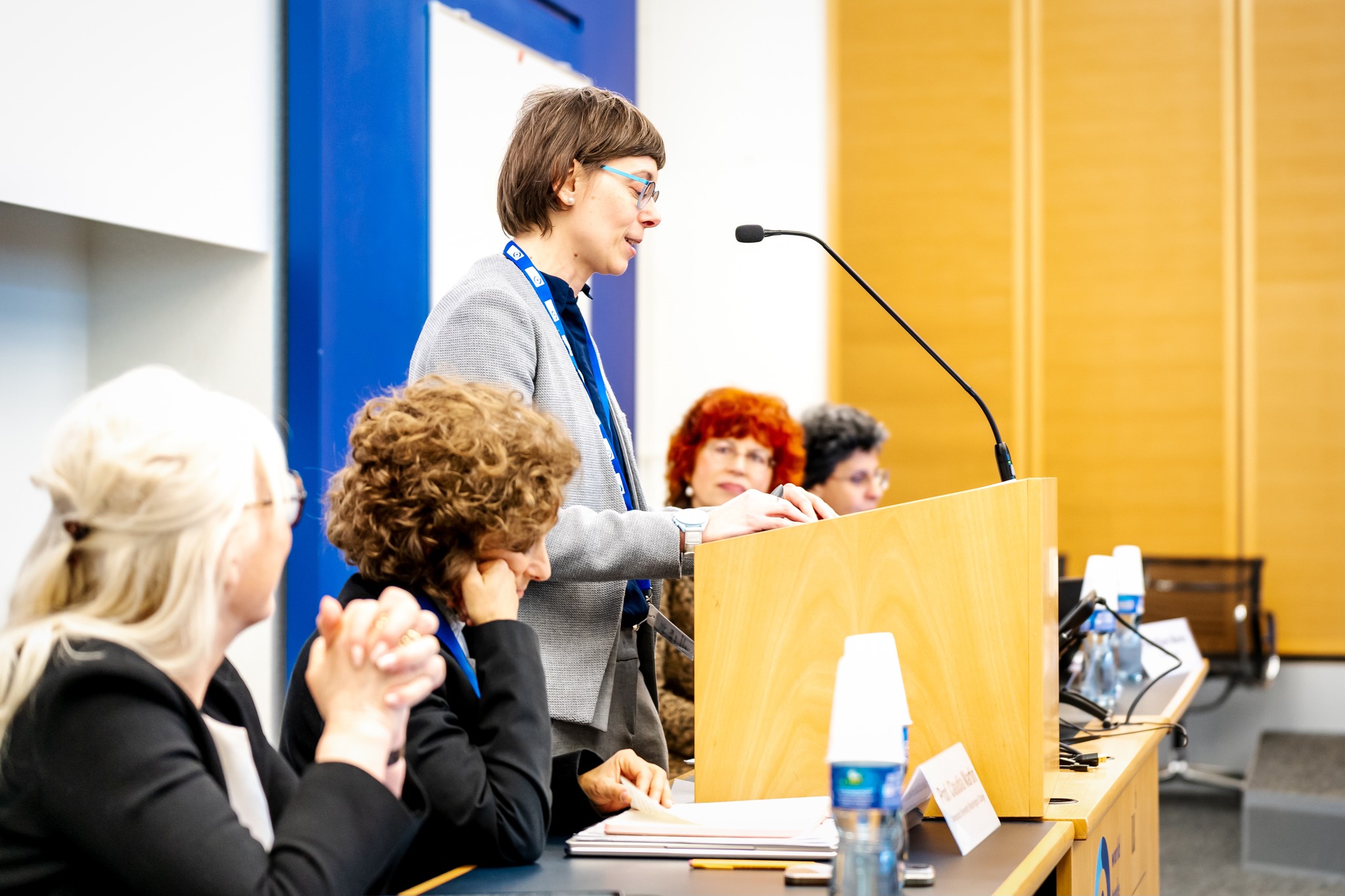

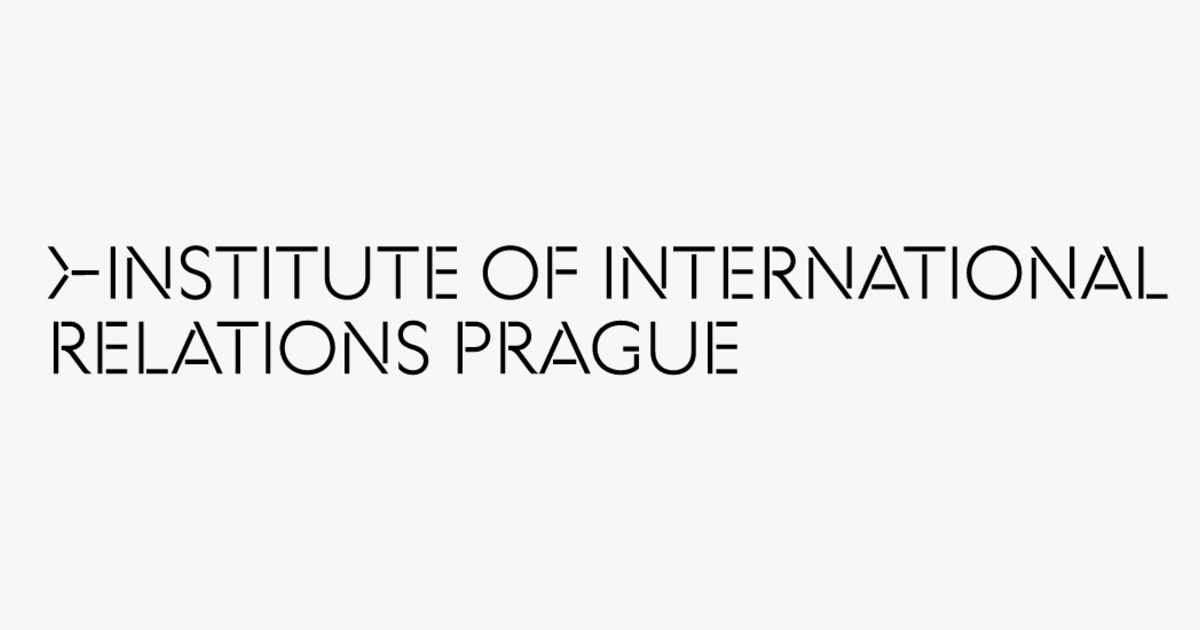
Promoting Equal and Inclusive Representation of Women in Decision-Making Systems: A Holistic Approach to Economic Empowerment
26 February 2024
26 February 2024, with GQUAL and the Institute of International Relations of Prague, the WTI held a conference on “Promoting Equal and Inclusive Representation of Women in Decision-Making Systems A Holistic Approach to Economic Empowerment”.
With a strong focus on gender equality and women’s empowerment, participants came from a wide range of backgrounds such as CEDAW, international organisations, the private sector, research, legal and policy fields. During the conference, participants had the chance to gain deeper insight into the CEDAW’s Draft General Recommendation on Equal and Inclusive Representation of Women in Decision Making Systems.
